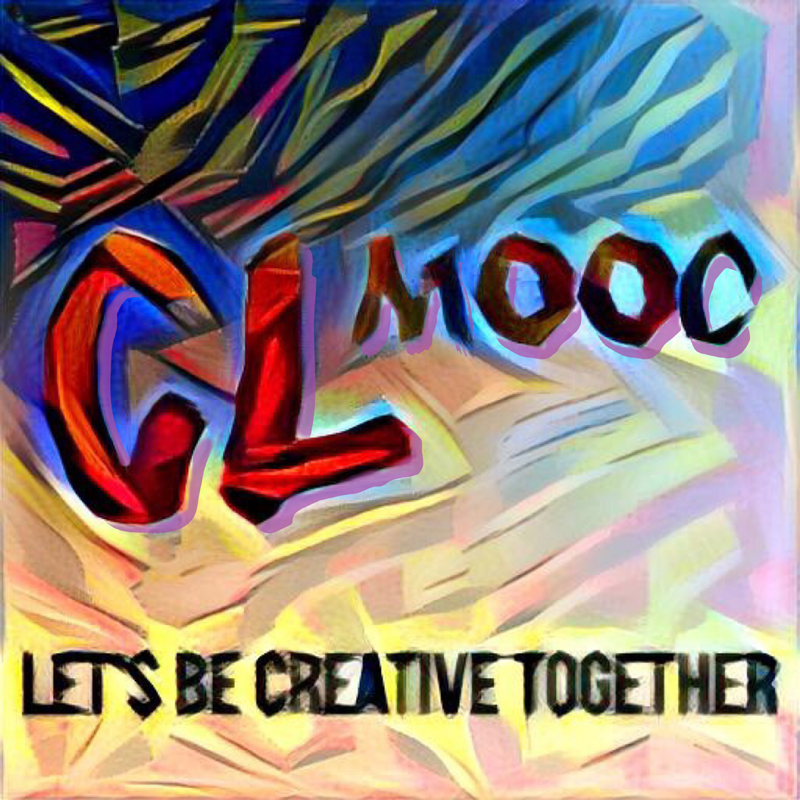
Pathway in winter flickr photo by Richard Drdul shared under a Creative Commons (BY-SA) license
Thanks to the folks in the #clmooc book study and the authors of the book — Affinity Online: How Connections and Shared Interest Fuel Learning — which we are reading to better understand networks of shared interests, there are any number of different entry points for reading the book and engaging in conversation with CLMOOC.
- You can, of course, buy the book yourself, either in digital or paper format. This gives you full ownership of the text and shows support for the researchers/writers of the book. You can also get the book through your public library (sing the praise of Inter-Library Loan systems!)
- You can now access the entire book for free online as a digital text, thanks to the publisher and writers. I don’t think you can download a copy nor can you annotate it with some of our annotation tools. Still, it is kind of them to give readers access.
- You can read the first chapter of the book as a PDF and with Hypothesis. Hypothesis is an easy add-on tool to use, and provides a place for conversation with a text and with other readers.
- You can use Hypothesis crowd annotation tool to annotate with us an excerpt from the text that is at the Connected Learning Alliance site. There is already a conversation blooming there.
- You can read part of the book over at another annotation tool called NowComment. Terry has set up the text, but it will require a free account with NowComment.
- Terry has also set up Chapter Five (Moving Forward) in NowComment. Perhaps the last full chapter is a good gathering place for us all, to read together and to think together.
- You can annotate a video introduction of the book itself, in which lead researcher Mimi Ito gives some context for the studies, the stories and the ideas of Connected Learning. We are using Vialogues as a way to annotate video.
- You can just follow along with other readers in the #clmooc Twitter thread, where quotes and questions and comments are flowing on a regular basis.
- You can read and follow some of the readers blogging about the book — such as Sheri and Terry and Daniel and Sarah and Kevin and others, such as myself — to use the comment area to ask questions, push back on thinking and wonder out loud. Put them in your RSS feed, if you still use RSS, and if you don’t, you should!
All roads lead to discussions!


Great work in aggregating the “mess along the margins”. Very grateful.